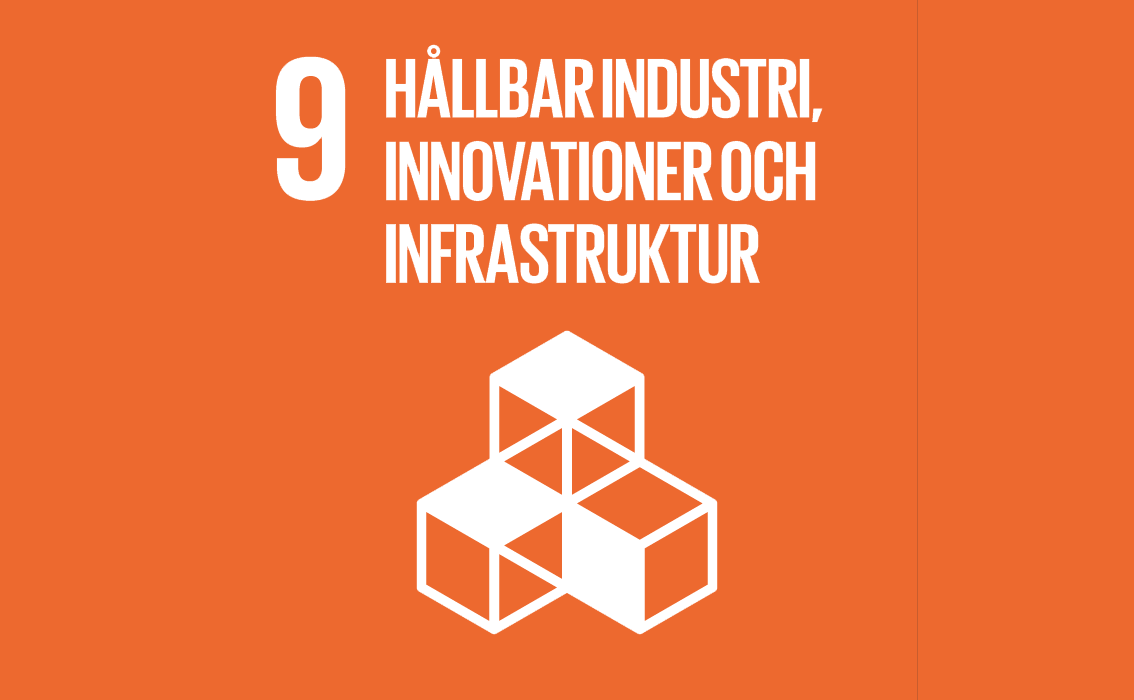FAST-ARTS: Fast and Sustainable Analysis Techniques for Advanced Real-Time Systems
In this project, the goal is to understand, and ultimately limit the effects of, the sources of unsustainability in RTA-O. We will focus on the classes of preemtable fixed-priority scheduled uniprocessor systems and server-based scheduled multiprocessor systems.
Avslutat
Start
2017-01-01
Avslut
2020-12-31
Huvudfinansiering
Forskningsområde
Forskningsinriktning
Projektansvarig vid MDU
In this project we will study the fundamental properties of advanced industrial hard real-time control-systems and the, for these systems highly suitable, analysis techniques called Response-Time Analysis for tasks with Offsets (RTA-O). Our goal is to understand, and ultimately limit the effects of, the sources of unsustainability in RTA-O. We will focus on the classes of preemtable fixed-priority scheduled uniprocessor systems and server-based scheduled multiprocessor systems.
Background
Sustainability is a property of a hard real-time scheduling algorithm (or scheduling test) that is highly useful from an engineering perspective. Sustainability intuitively implies that the scheduling test should behave monotonically with respect to the parameters used in the test. Equally useful is to have scheduling tests that have low pessimism and allow high system utilization. However, in the real-time systems community it has been concluded that there is an inherent contradiction in achieving both sustainability and low pessimism.
Goal of the project
This project will provide fundamental understanding of the concept of sustainability. A concept studied too little in literature. The inherent contradiction between sustainable methods and exact and high-precision methods needs to be explored and understood and resolved or mitigated. If the scientific community continues to fail to deliver analysis methods with good precision; there is very little hope that our methods will be adopted in practical use.

